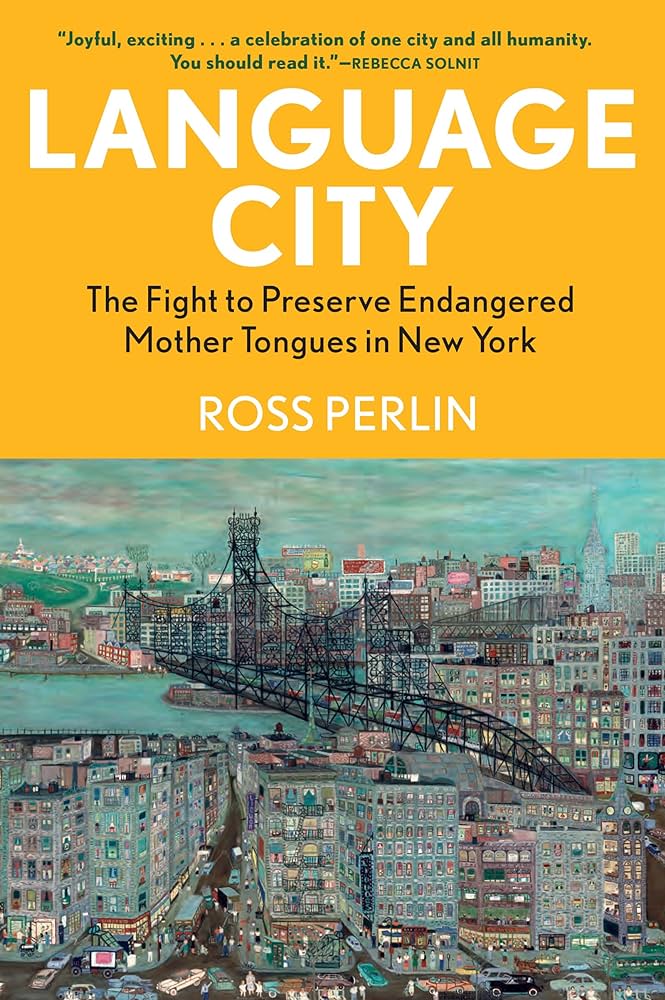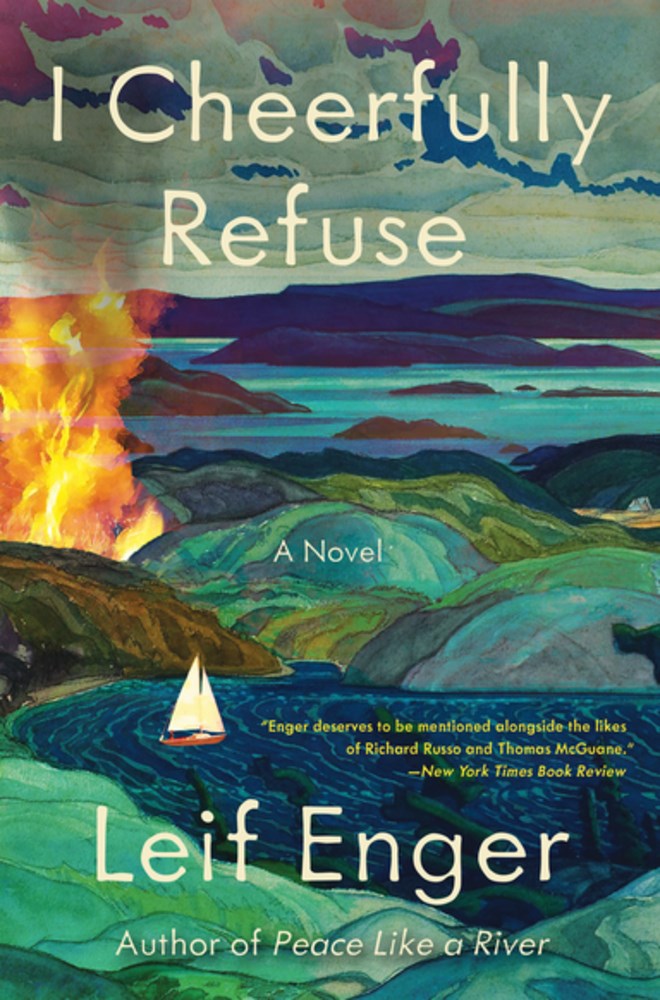Atlantic Monthly
60 Articles
Last 30 days
Last 6 months
Last 12 months
Last 24 months
Specific Dates
From:
To:
PREMIUM
Cassino ’44: The Brutal Battle for Rome
Readers of World War II history will enjoy Holland’s latest.
The Treasure Hunters Club
 Readers who fondly remember Ellen Raskin’s The Westing Game and newer fans of Gigi Pandian’s “Secret Staircase Mysteries” will find Ryan’s cleverly crafted adventure to be a real treasure
Readers who fondly remember Ellen Raskin’s The Westing Game and newer fans of Gigi Pandian’s “Secret Staircase Mysteries” will find Ryan’s cleverly crafted adventure to be a real treasure
PREMIUM
Queen Macbeth
Terse, atmospheric, and superbly reimagined, McDermid’s latest (part of a recent spate of novels about Lady Macbeth by the likes of Joel H. Morris and Ava Reid) perfectly captures the terror of living in a medieval Scotland riven by violence. Scottish history enthusiasts will enjoy.
PREMIUM
In France Profound: The Long History of a House, a Mountain Town, and a People
Best suited for fans of Allman’s work, along with readers intrigued by a little-known French town, the author’s 800-year-old house, and the book’s contemporary elements. This will appeal to readers who enjoy Martin Walker’s “Bruno, Chief of Police” mystery series as well.
PREMIUM
A World of Hurt
Readers who enjoy crime novels that are gritty and not one-sided will want to add this to their TBR piles.
PREMIUM
The Wrong Hands
Billingham continues his Detective Miller series in style. Wryly comic, fast-paced, and sharply observed, this excellent sequel to The Last Dance will be welcomed by the author’s fans.
PREMIUM
Language City: The Fight To Preserve Endangered Mother Tongues in New York
An in-depth, fascinating analysis of endangered languages and efforts to preserve them in New York City. Give to readers who enjoyed John McWhorter’s Words on the Move.
PREMIUM
I Cheerfully Refuse
This very readable and highly recommended novel’s familiar setting in an unfamiliar future will resonate with all readers.
PREMIUM
The Blues Brothers: An Epic Friendship, the Rise of Improv, and the Making of an American Film Classic
Will be popular with fans of pop culture and aficionados of film and TV history, as it not only covers the creation of The Blues Brothers abut also serves as a dual biography of Aykroyd and Belushi.
ALREADY A SUBSCRIBER? LOG IN
We are currently offering this content for free. Sign up now to activate your personal profile, where you can save articles for future viewing










